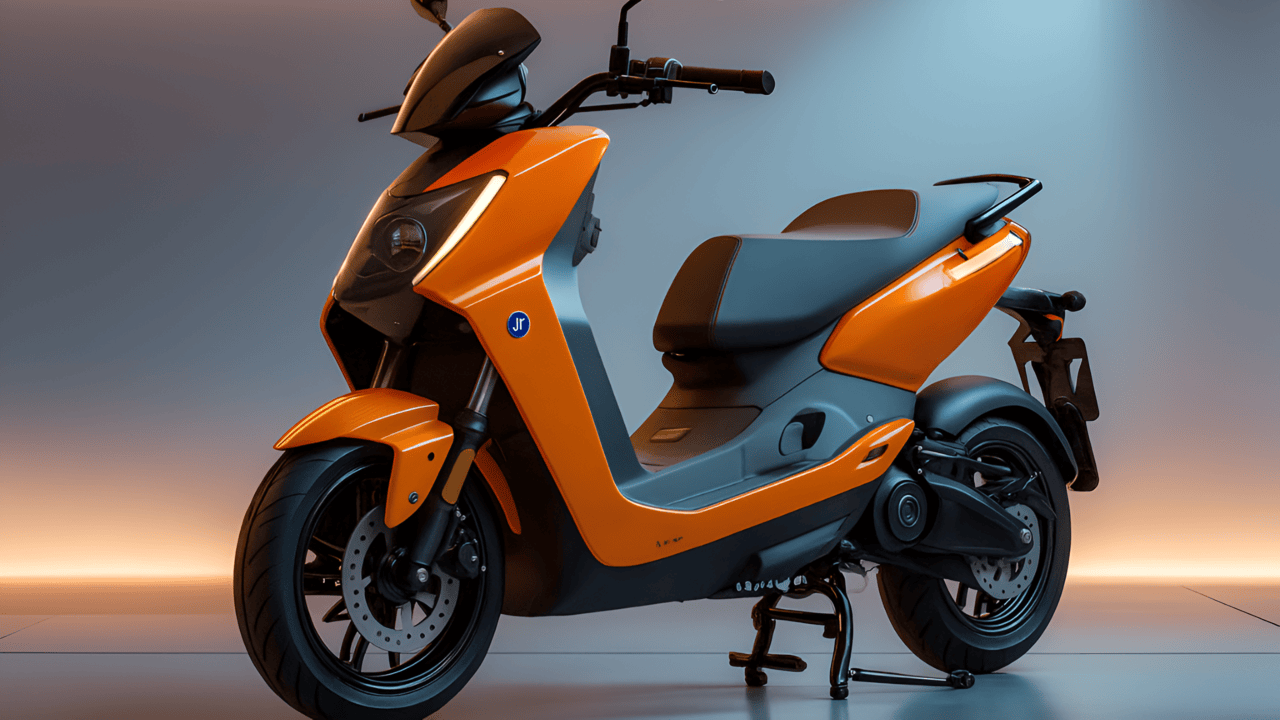The popular TVS Jupiter, known for its reliability and family-friendly design, is now stepping into the future with its electric version. The Jupiter Electric Scooter is expected to bring together the trust of TVS, modern EV technology, and affordability, making it a strong contender in India’s rapidly growing electric two-wheeler market.
Stylish and Practical Design
The Jupiter Electric will carry forward the elegant and practical look of its petrol sibling but with a modern twist. Expect a sleek LED headlamp, LED DRLs, a digital instrument cluster, and alloy wheels. TVS is likely to focus on making it comfortable for both daily commuters and family use, with ample storage and easy handling.
Battery, Range, and Performance
At the core of the Jupiter Electric Scooter will be a lithium-ion battery pack, designed to deliver an impressive range of 100–120 km on a single charge. With a top speed of around 75–80 km/h, it will be perfect for urban rides. Fast-charging support is also expected, allowing the battery to charge up to 80% in just under an hour, while a standard home charger may take 3–4 hours.
Smart Features
The Jupiter Electric is expected to come loaded with modern EV features such as:
- Fully digital instrument cluster with Bluetooth connectivity
- Navigation assist and call/message alerts
- USB charging port for smartphones
- Reverse mode for easy parking
- Regenerative braking for better efficiency
Price and Launch Expectation
The Jupiter Electric Scooter is expected to be priced between ₹90,000 – ₹1.1 lakh (ex-showroom), placing it in direct competition with the Ola S1, Ather 450X, and Bajaj Chetak Electric. The launch is likely in mid to late 2025, as TVS continues to expand its electric mobility portfolio.
The TVS Jupiter Electric could be a game-changer in the commuter EV segment. With modern design, practical features, long range, and trusted TVS reliability, it has all the ingredients to attract Indian buyers looking for a budget-friendly yet futuristic scooter. If priced right, this electric version of Jupiter may carry forward the same success story that its petrol sibling has enjoyed for years.

